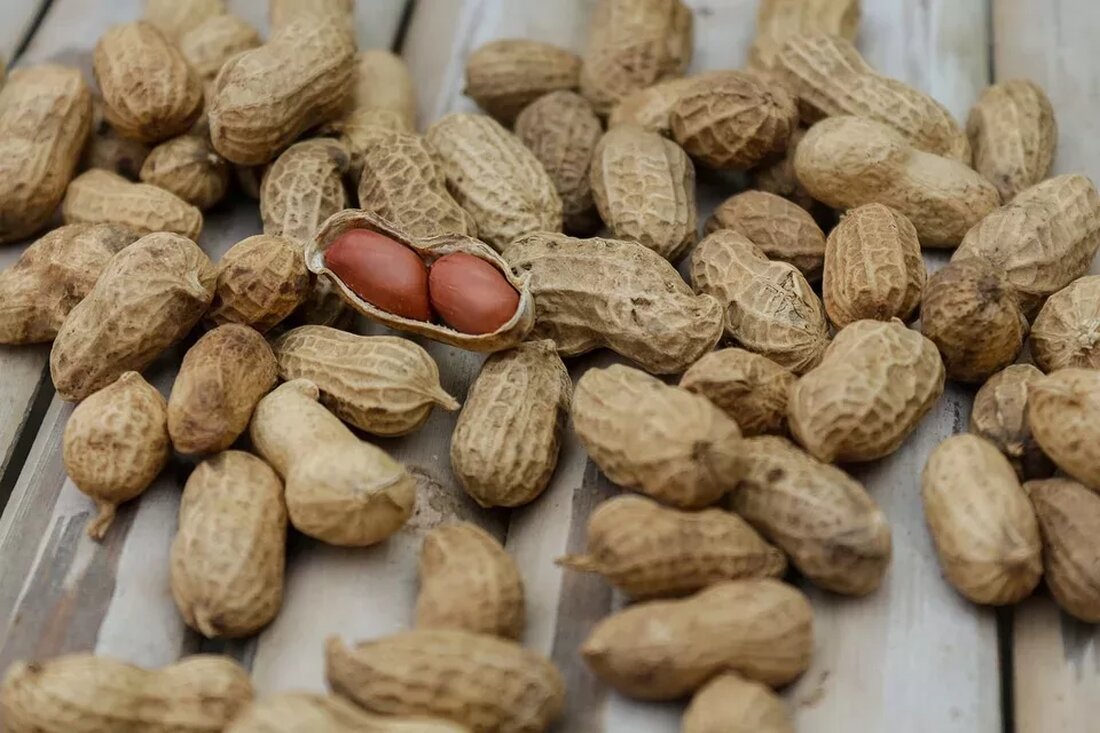Proteins: The building blocks of life
Proteins: The building blocks of life Proteins are one of the most important substances in the human body. They are the building blocks of life and fulfill a variety of functions that are essential for the proper functioning of biological processes. What are proteins? Proteins are large molecules made up of chains of amino acids. There are a total of 20 different amino acids from which proteins can be composed. These amino acids are linked together through a chemical reaction known as a peptide bond. The final protein structure is determined by the specific sequence of amino acids. Proteins can take very different shapes and have a variety of functions. She …

Proteins: The building blocks of life
Proteins: The building blocks of life
Proteins are one of the most important substances in the human body. They are the building blocks of life and fulfill a variety of functions that are essential for the proper functioning of biological processes.
What are proteins?
Proteins are large molecules made up of chains of amino acids. There are a total of 20 different amino acids from which proteins can be composed. These amino acids are linked together through a chemical reaction known as a peptide bond. The final protein structure is determined by the specific sequence of amino acids.
Proteins can take very different shapes and have a variety of functions. They can act as enzymes that catalyze biochemical reactions, serve as structural proteins to give cells their shape, as transporters to move molecules across the cell membrane, as antibodies to fight infections, and as hormones to regulate various body functions.
The importance of proteins in the body
Proteins are involved in almost all biological processes and fulfill a variety of important functions in the body. Here are some examples of the importance of proteins:
1. Structure and movement
Proteins form the basis for the structure of cells, tissues and organs. Collagen, the most common protein in the body, forms the basis of skin, tendons, cartilage and bones. Actin and myosin are proteins involved in muscle contraction and allow us to move.
2. Enzymes and catalysts
Proteins serve as enzymes that catalyze biochemical reactions in the body. Enzymes speed up chemical reactions that would normally take a long time. They are crucial for metabolism, digestion, breathing and many other vital processes.
3. Immune system
Antibodies are proteins produced by the immune system to recognize and fight pathogens such as viruses and bacteria. They bind to these pathogens and mark them for destruction by other immune cells.
4. Transportation
Proteins play an important role in the transport of molecules and ions across the cell membrane. For example, carrier proteins transport glucose molecules into the cells and thus enable energy production.
5. Hormones and signaling
Various hormones are proteins that act as messengers and enable communication between cells and organs. For example, insulin is a protein that regulates blood sugar levels.
Protein synthesis
Protein synthesis is the process by which proteins are made from the organism's genetic information. This process consists of two main phases: transcription and translation.
In transcription, the DNA in the cell nucleus is copied into a single-stranded RNA molecule. This mRNA leaves the cell nucleus and enters the cell's cytoplasm, where translation takes place.
During translation, ribosomes (small cellular structures) read the genetic information on the mRNA and use it as a template to determine the protein's amino acid sequence. The ribosomes connect the amino acids together and form the protein structure, which eventually transitions into its active conformation.
Protein deficiency and excess
A deficiency or overdose of protein can have serious health effects.
A lack of protein can lead to muscle weakness, anemia, stunted growth and weakened immune systems. It can also lead to reduced production of enzymes and hormones, which can lead to various metabolic problems.
Excessive protein intake, on the other hand, can put strain on the kidneys and lead to increased nitrogen breakdown in the body. This excess nitrogen is excreted in the urine as urea. Excessive consumption of protein-rich foods can also lead to nutritional imbalance as other important nutrients may not be adequately absorbed.
Source reference
– National Center for Biotechnology Information. “Protein Synthesis.” (link removed)
– Insulin-like Growth Factor Research. “Protein: description & role.” (link removed)
– Harvard T.H. Chan School of Public Health. "Protein." (link removed)
– Stipanuk, M.H. “Biochemical, physiological, & molecular aspects of human nutrition.” (link removed)
Conclusion
Proteins are the building blocks of life and fulfill a variety of functions in the human body. They are involved in the structure and movement of cells and tissues, serve as enzymes, transporters, hormones and antibodies. Protein synthesis is a complex process in which genetic information is converted into proteins. A deficiency or overdose of protein can have significant health effects. It is important to have a balanced diet that contains enough protein to ensure optimal functioning of the body.

 Suche
Suche
 Mein Konto
Mein Konto
